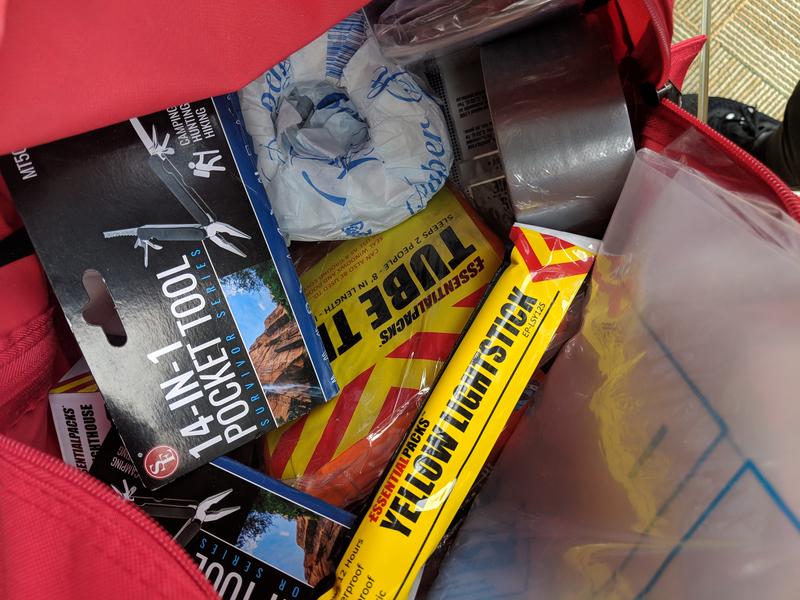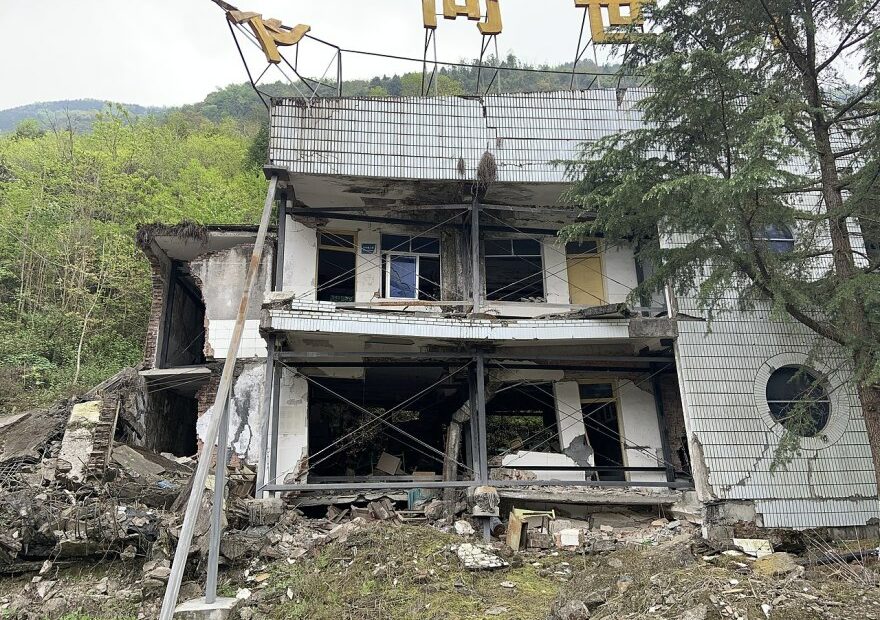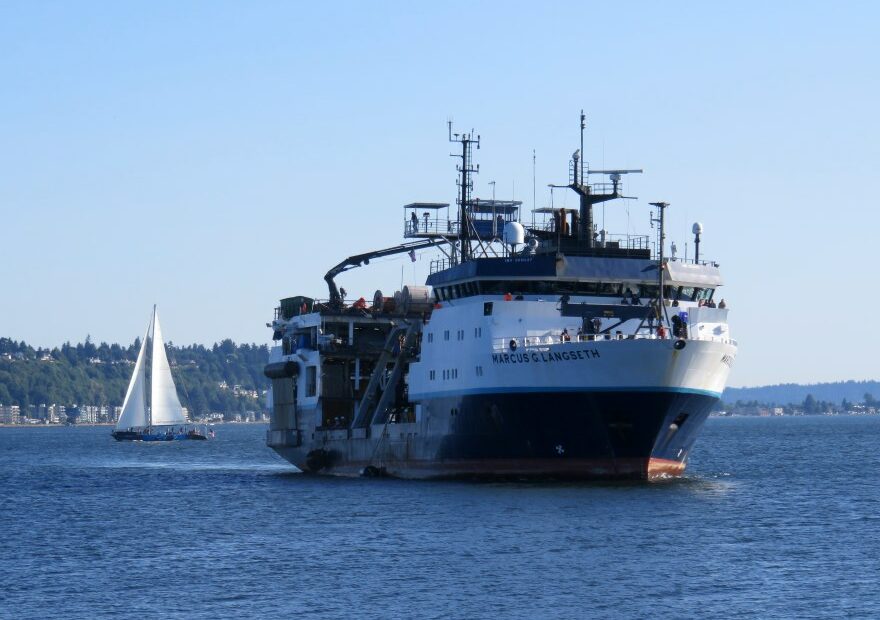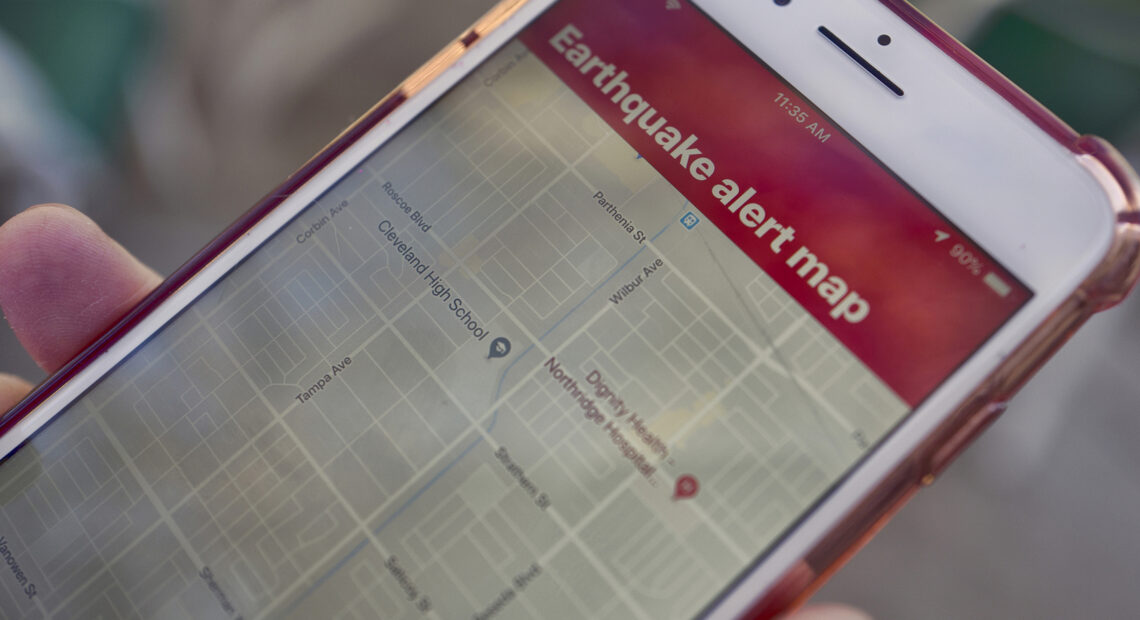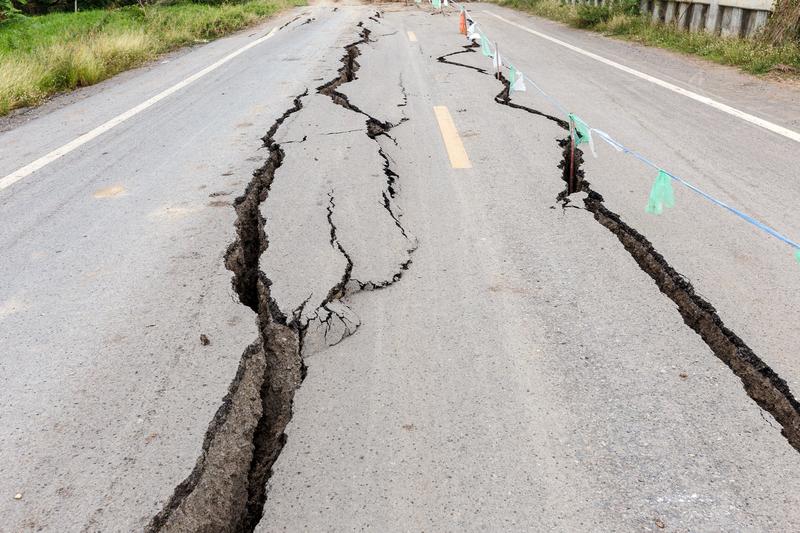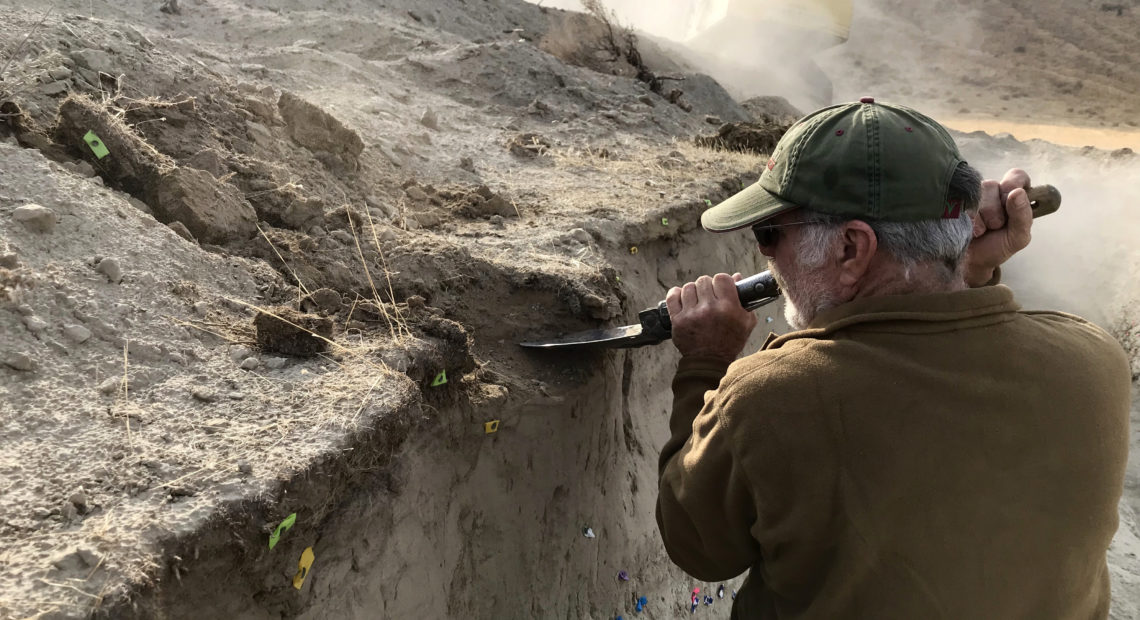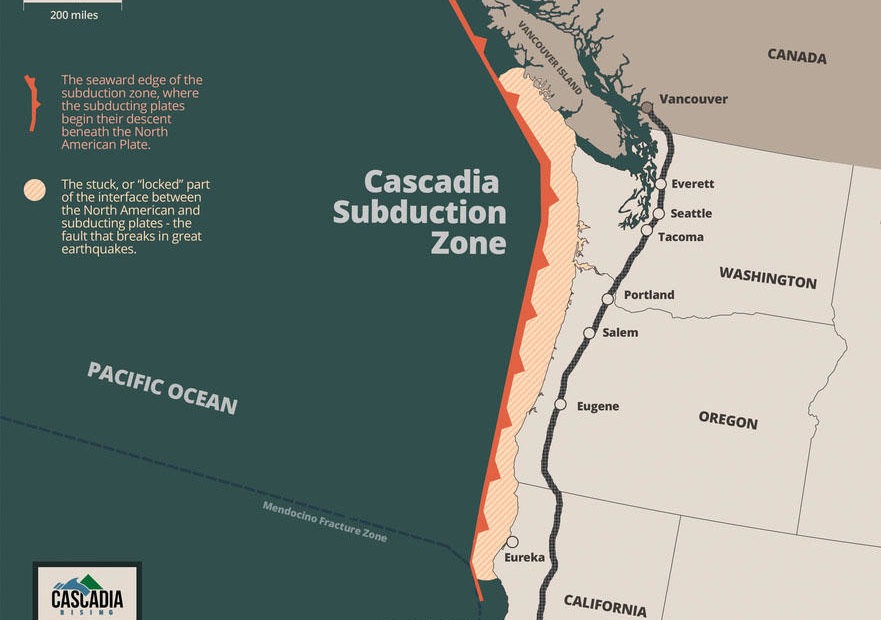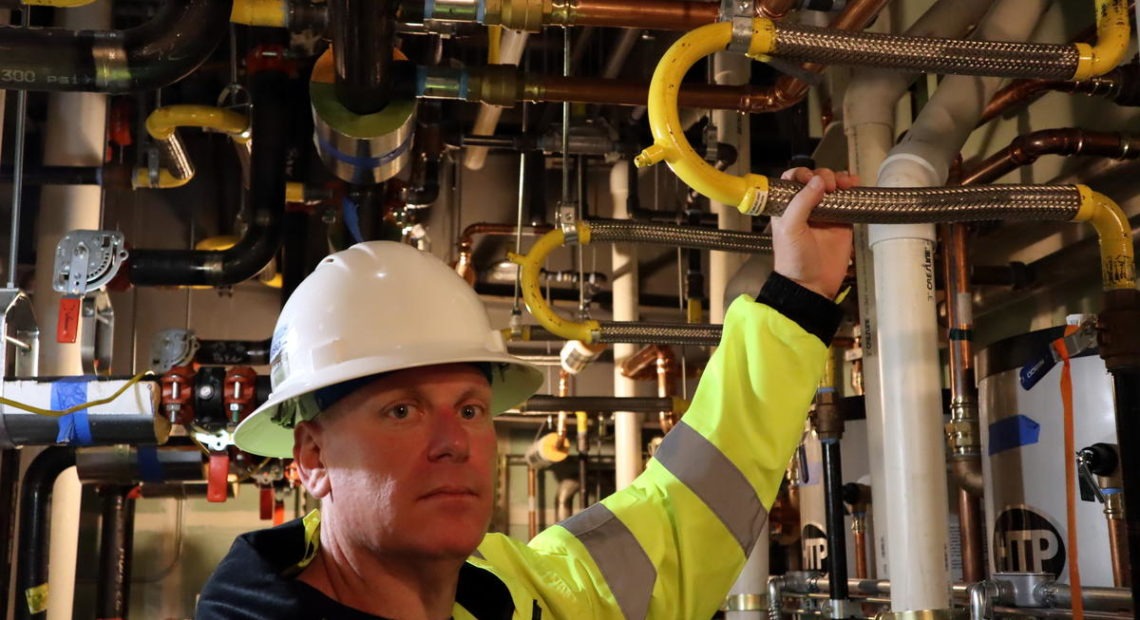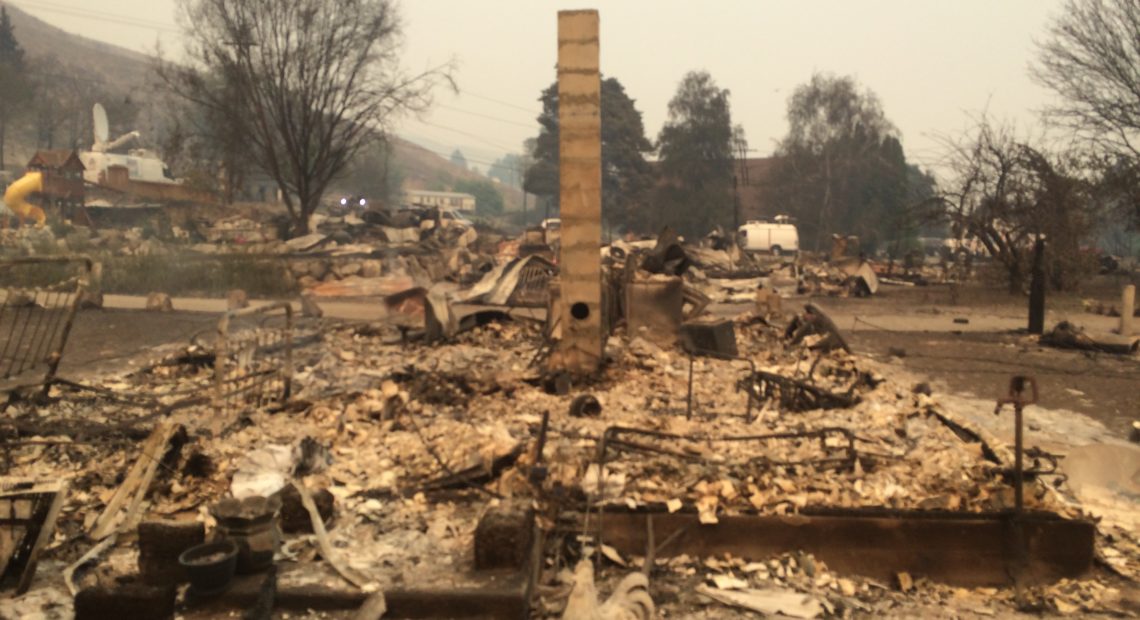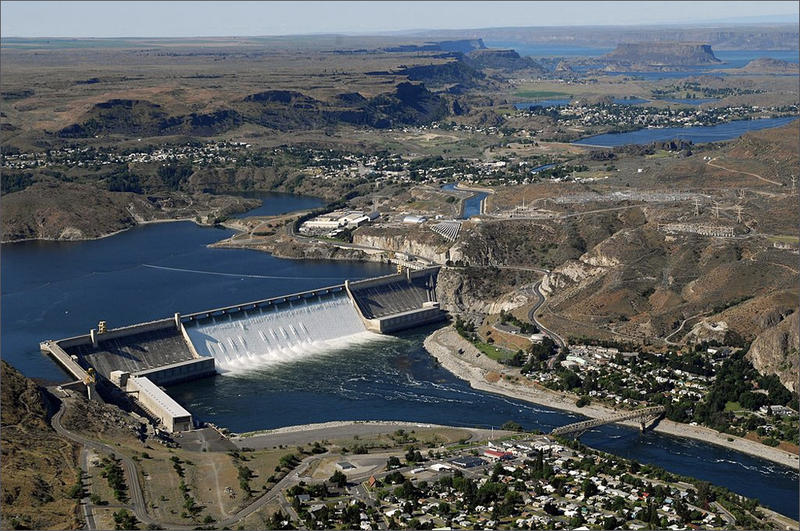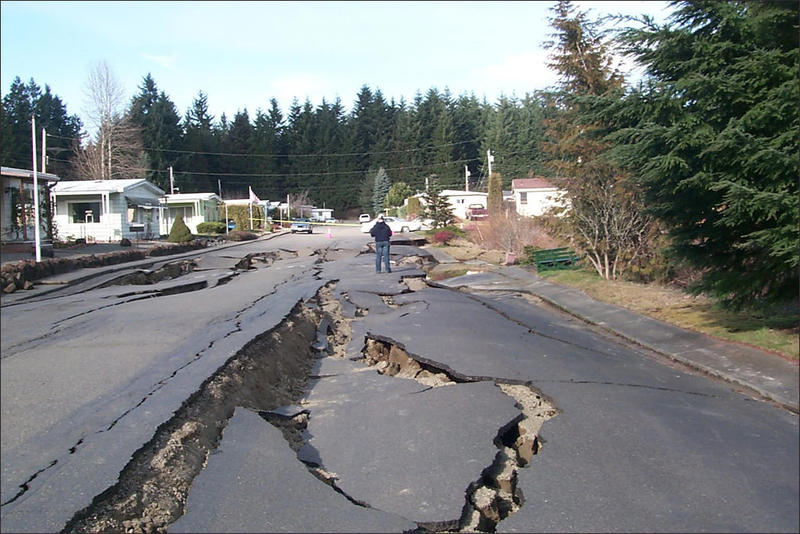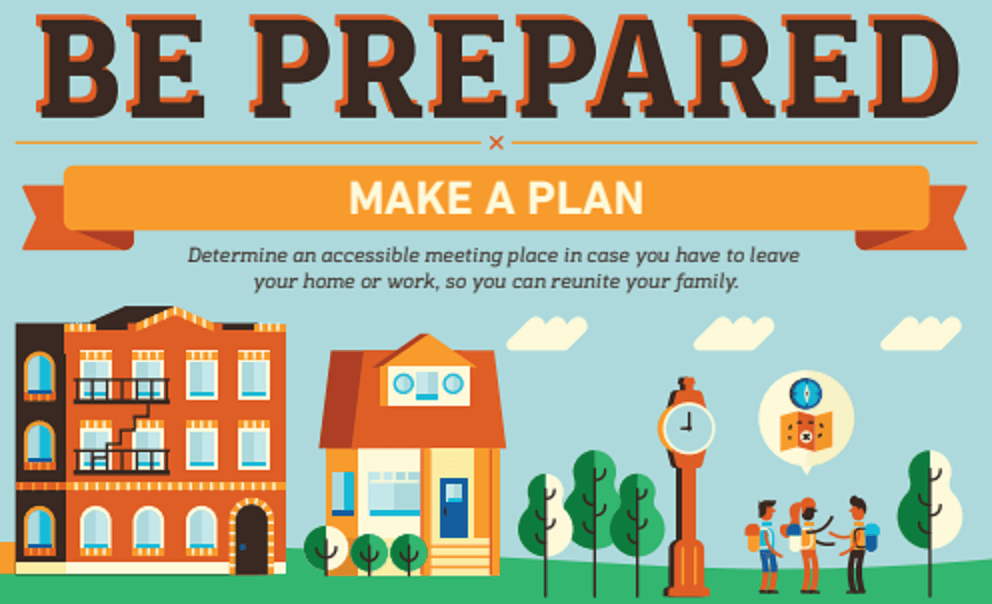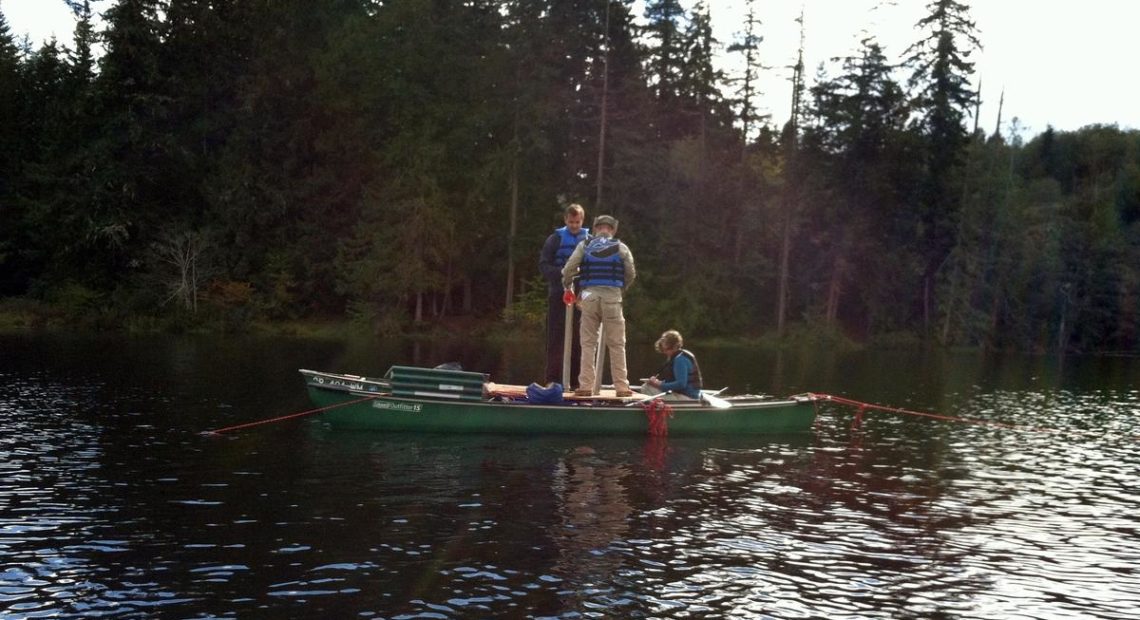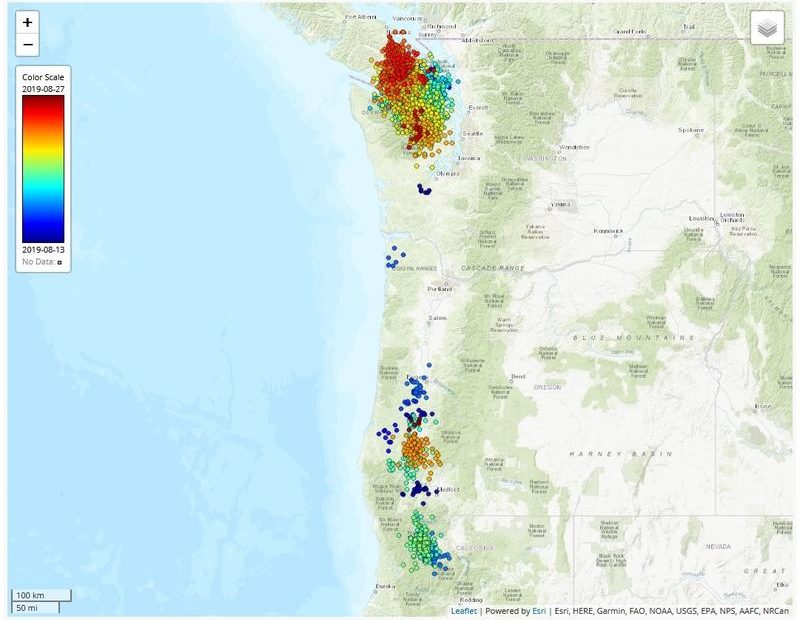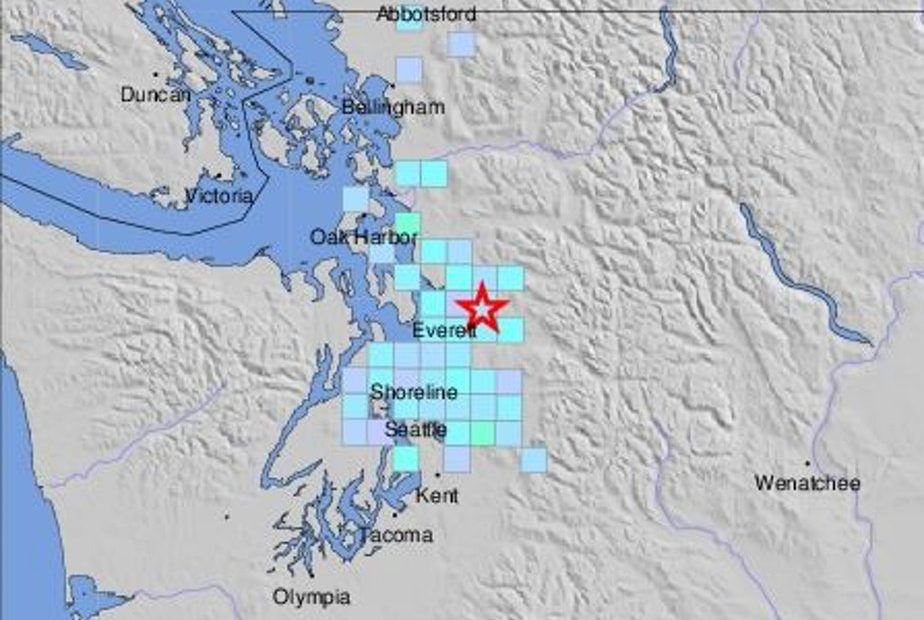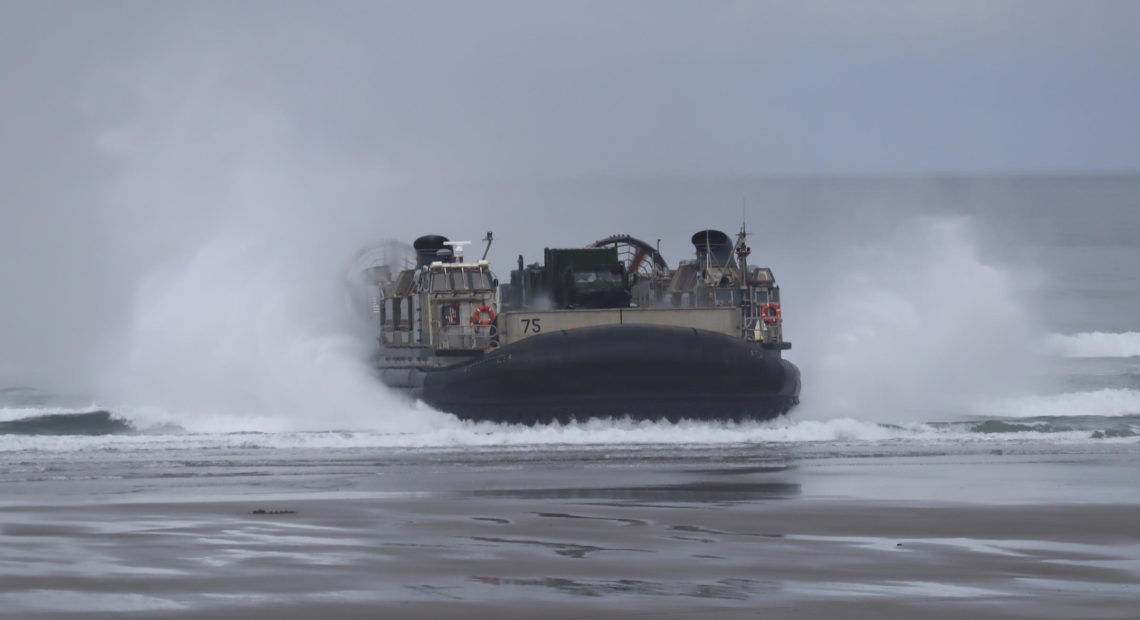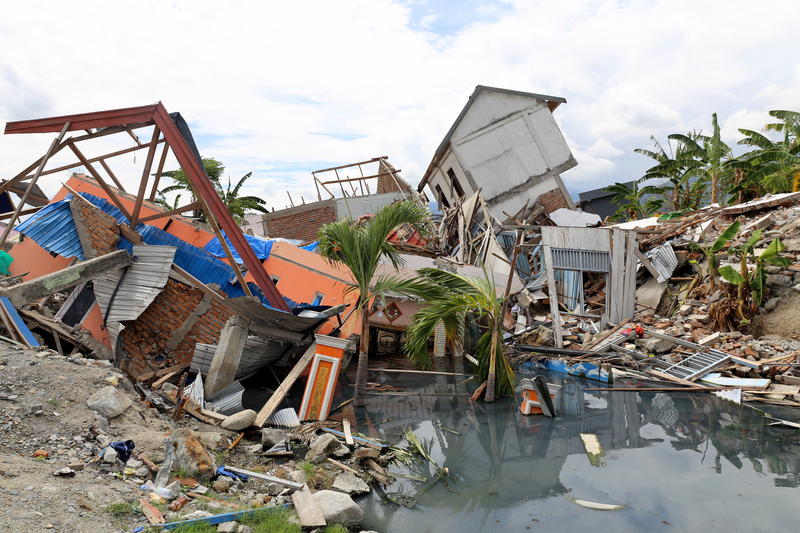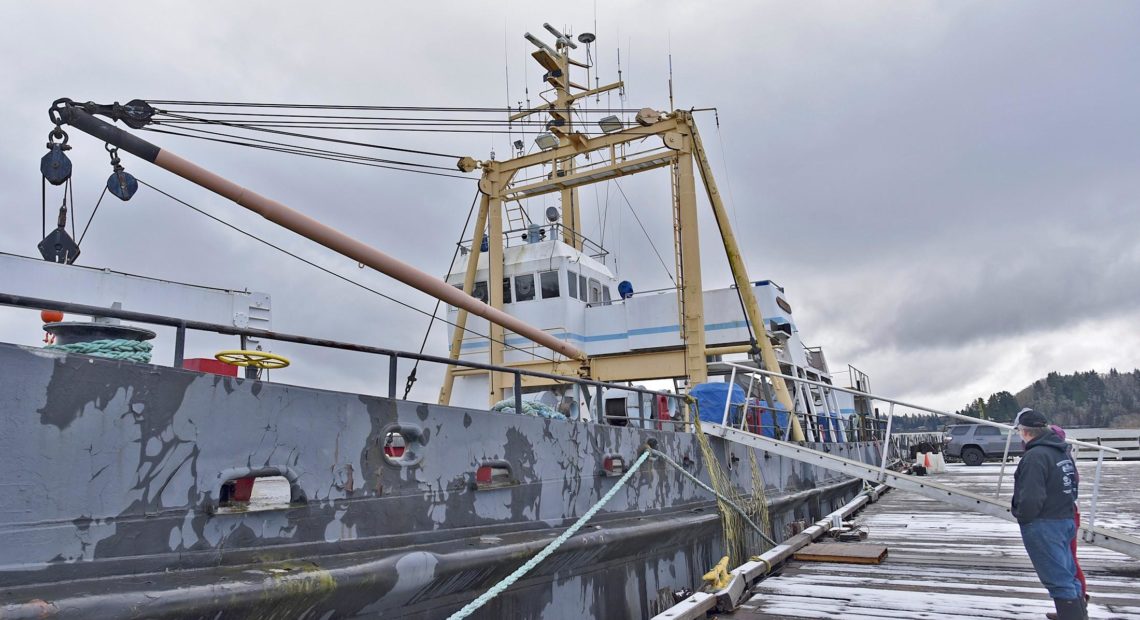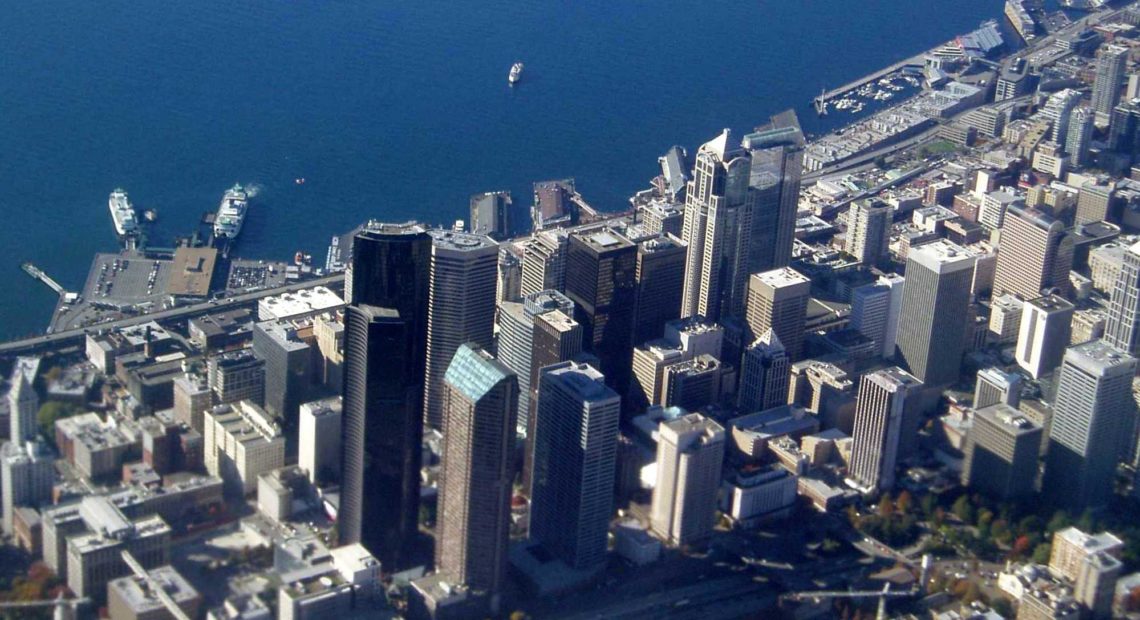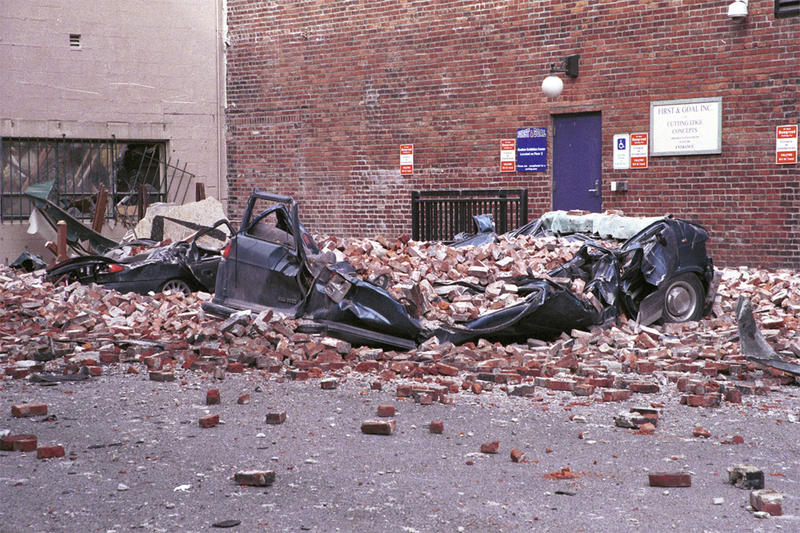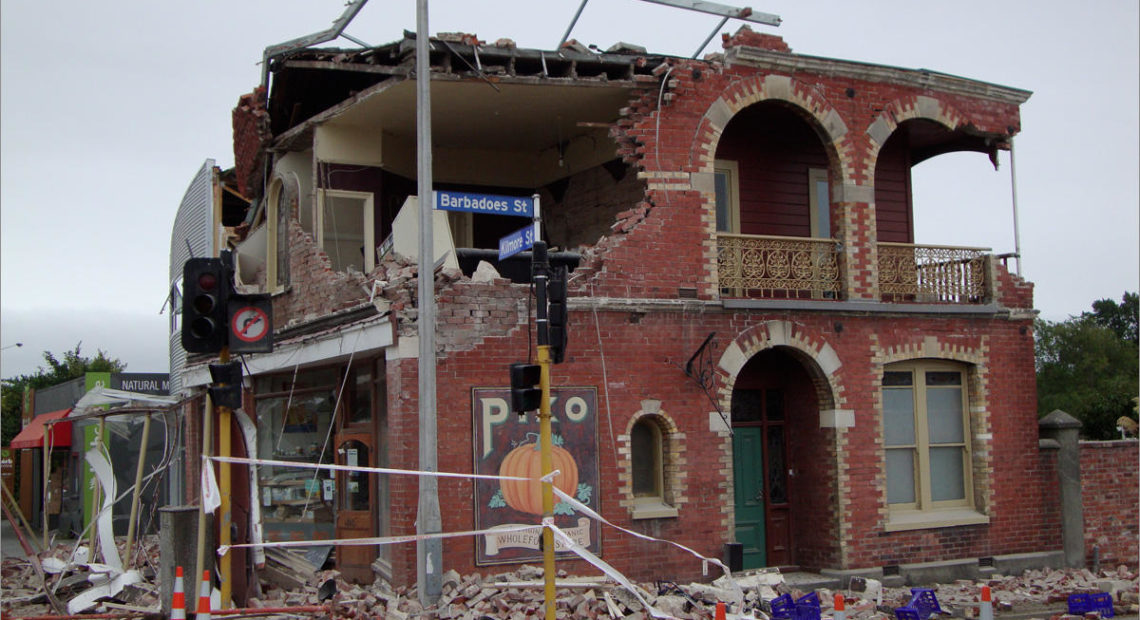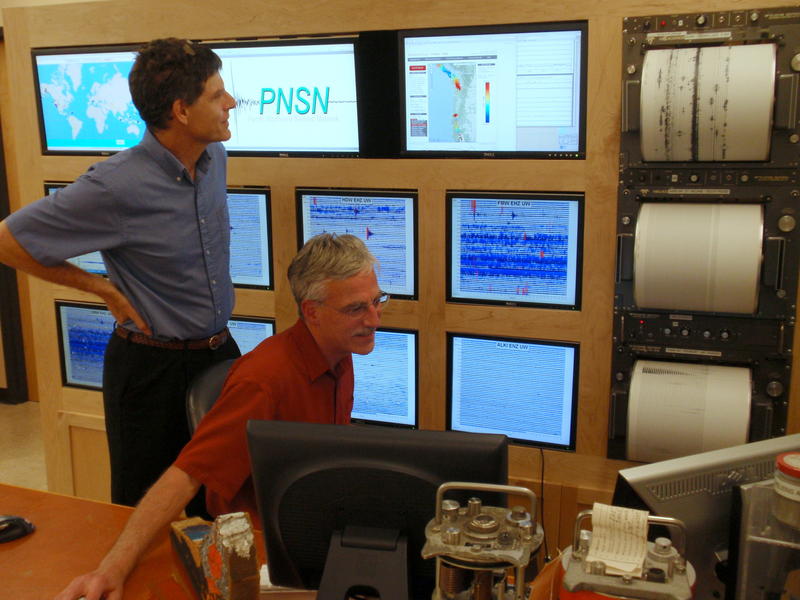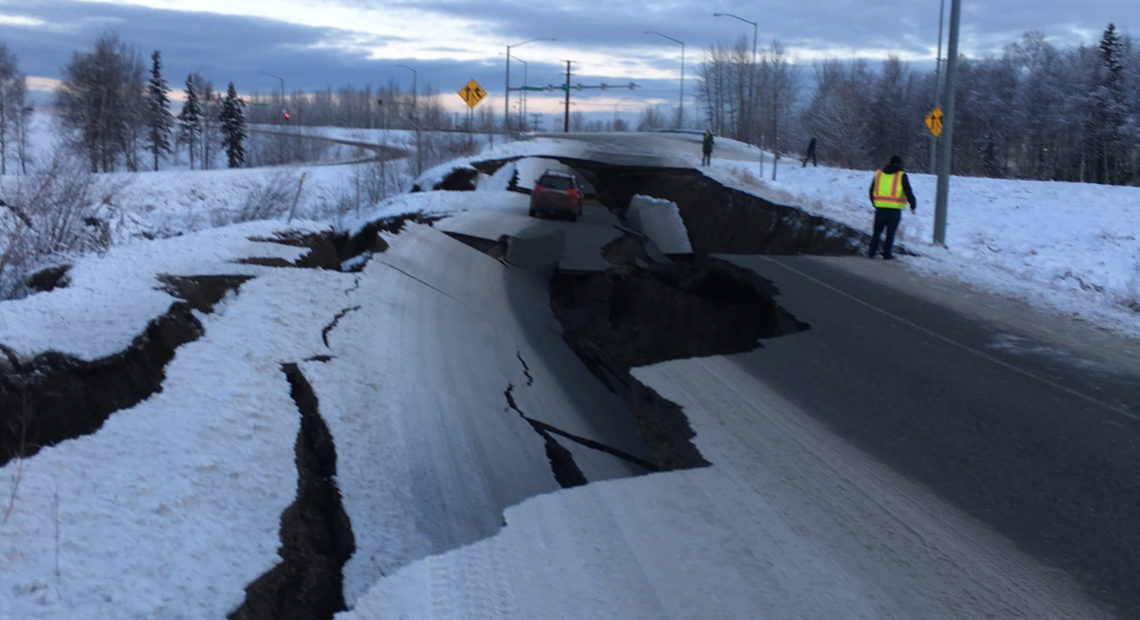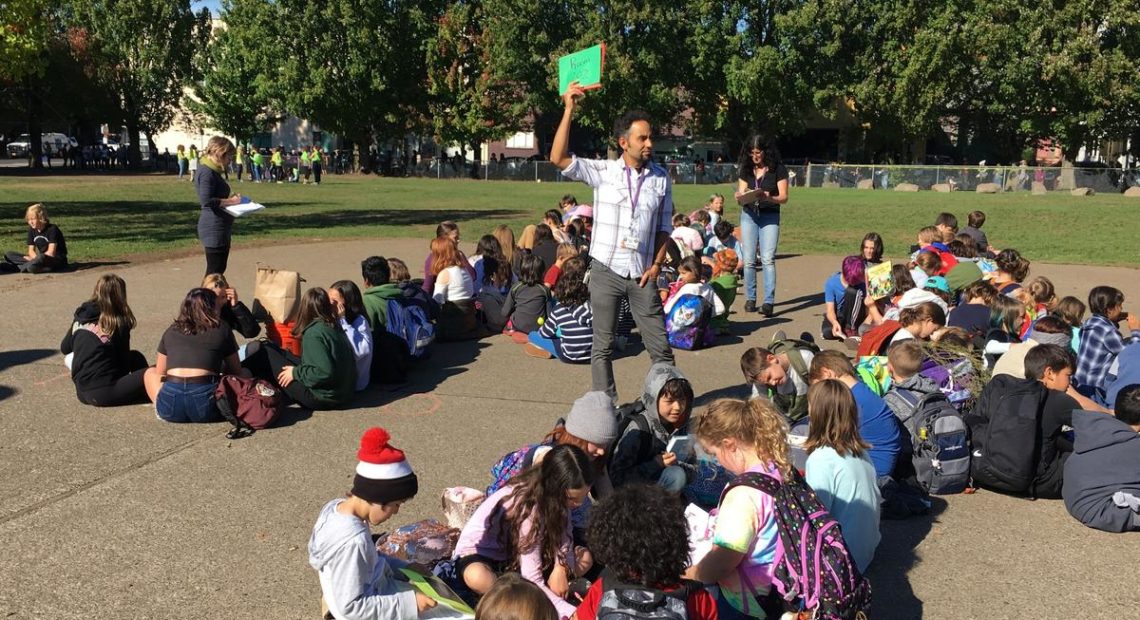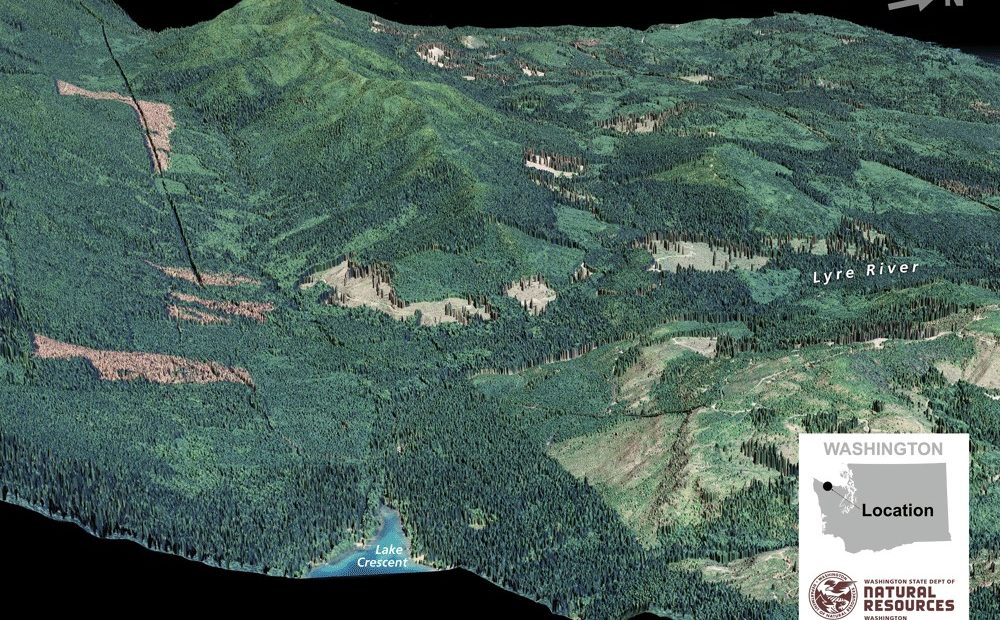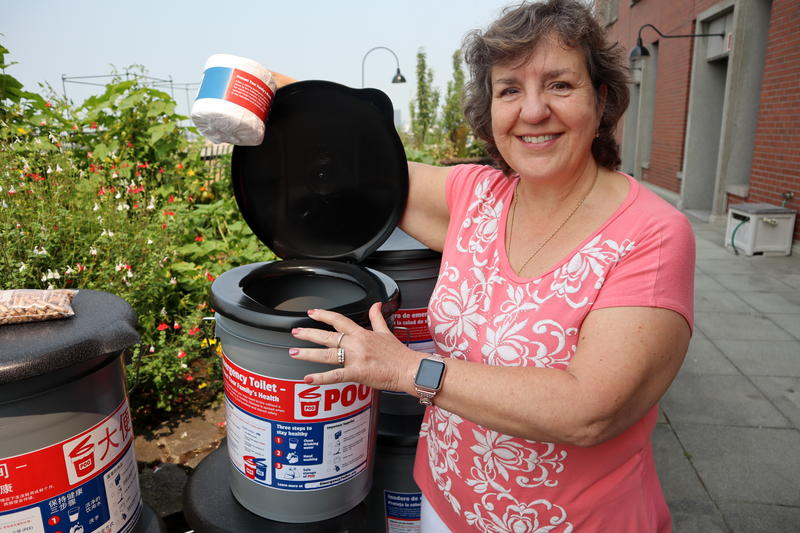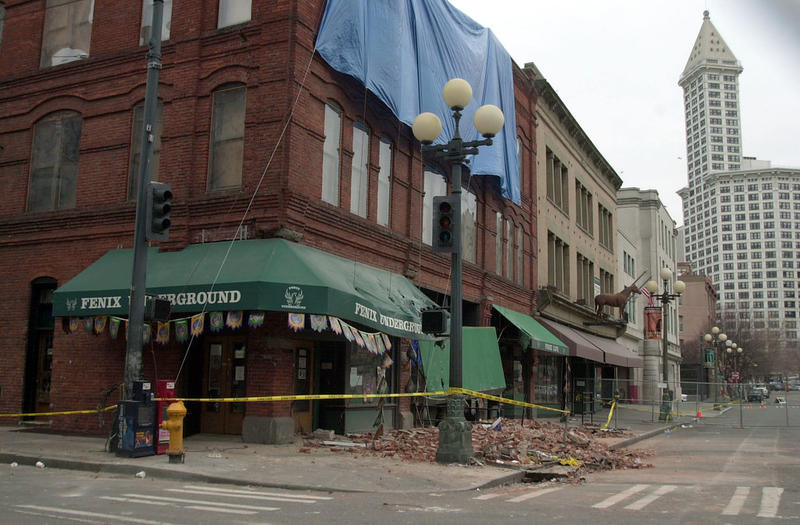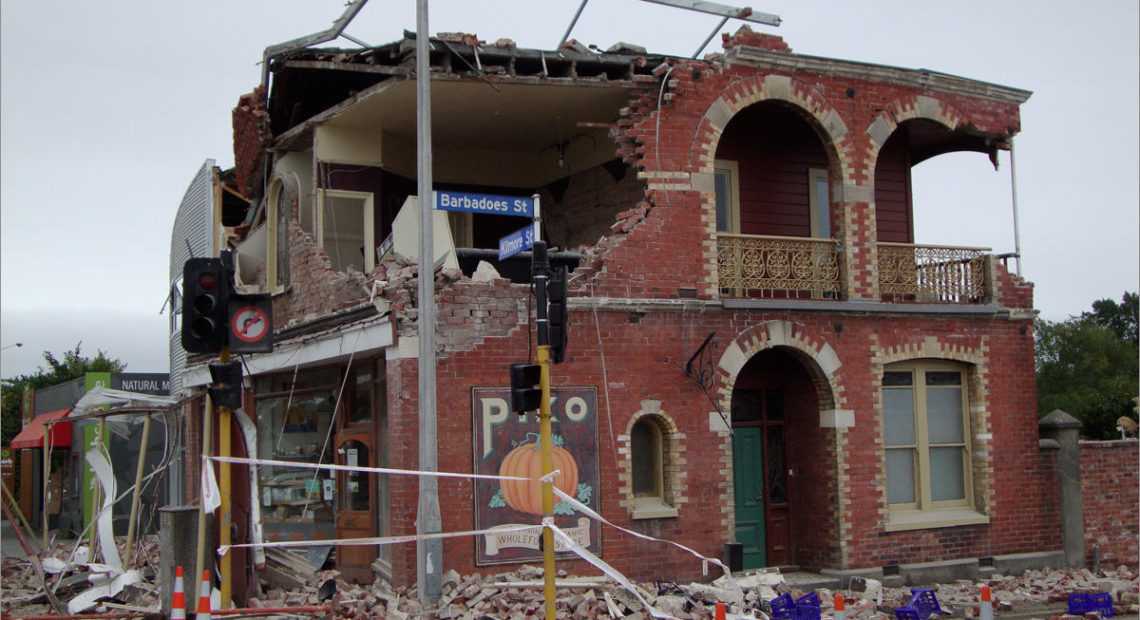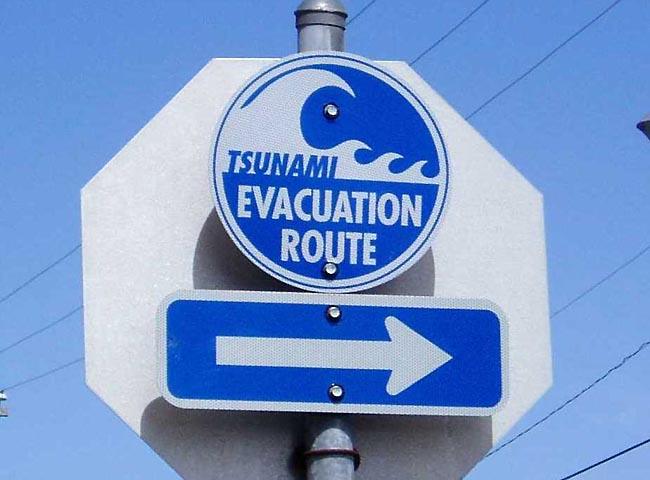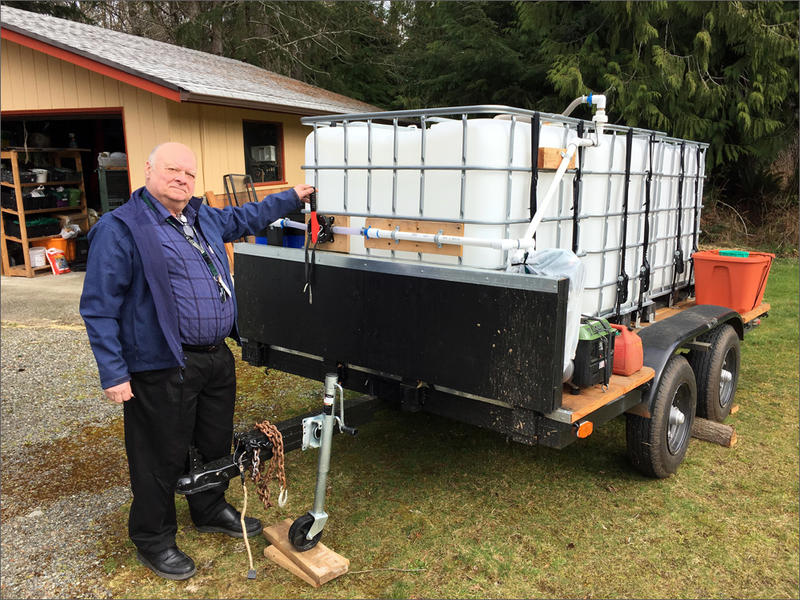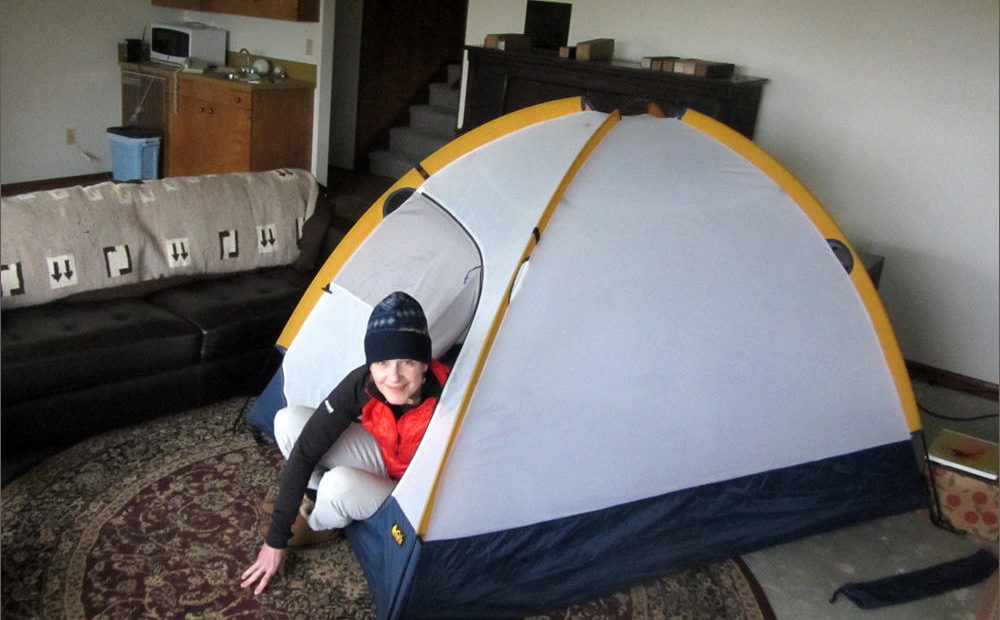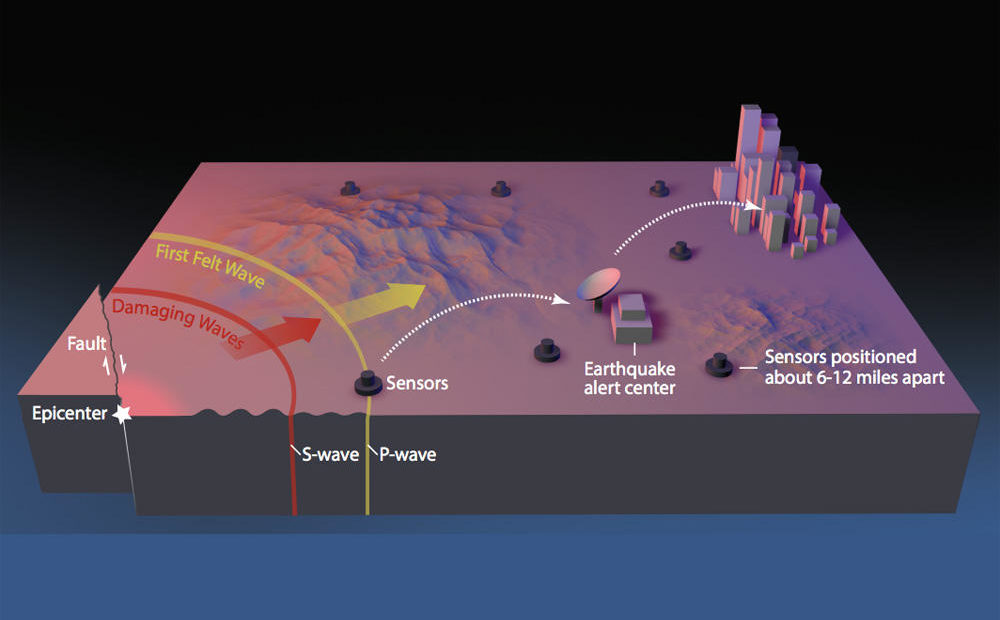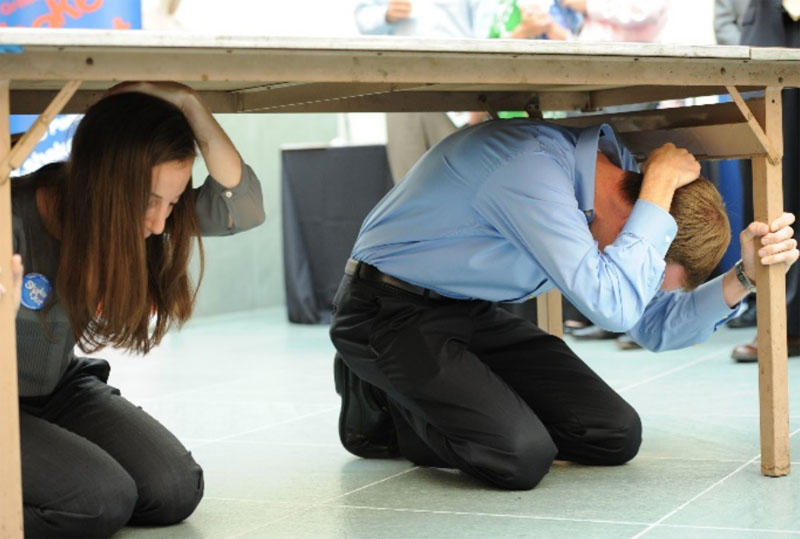The state of Oregon has set an ambitious goal to prepare more families in earthquake country to be "two weeks ready" after a disaster. Washington's emergency management agency is also seeking more funding to prepare people in a similar way. Read More
Tens of thousands of public school students in Washington state returned to classes this month in school buildings judged to be at risk of collapse in a strong earthquake. A new report to the state Legislature prepared by state geologists and a structural engineering firm gave the lowest possible seismic safety rating to more than 90 percent of the school buildings Read More
Earthquake researchers are eager to dig into a trove of new data about the offshore Cascadia fault zone. When Cascadia ruptures, it can trigger a megaquake known as "the Big One." The valuable new imaging of the geology off the Oregon, Washington and British Columbia coasts comes from a specialized research vessel.Read More
Residents living on the West Coast don't know when the next earthquake will hit. But a new expansion of the U.S. earthquake early warning system gives 50 million people in California, Oregon — and now Washington — seconds to quickly get to safety whenever the next one hits.Read More
Smartphone users who opted in to a test of the West Coast earthquake early warning system got an early taste on Thursday of what is to come. Mobile phones from Seattle to Olympia blared with an alarm for imaginary incoming shaking. The earthquake warning system -- already operational in California -- will launch for the general public in Oregon on March 11 and statewide in Read More
Unlike the Cascadia Subduction Zone, the faults in eastern Washington are in the upper crust, (the outermost layer of the earth). That means they’re closer to the surface and to communities. They may not produce as large of an earthquake as the subduction zone off the coast, but the earthquakes these inland faults can produce could significantly damage infrastructure in Read More
Scientists found nine to eleven instances over roughly the last 3,000 years where a Cascadia earthquake seems to have triggered a San Andreas quake. The vast majority of great Cascadia quakes during that period have a correlation on the San Andreas Fault. Read More
The state of Oregon is pushing the community hospitals along the Oregon Coast to improve their earthquake resilience. This comes after a state report predicted none of them would be able to sustain operations after the feared Big One -- a magnitude 9 offshore Cascadia earthquake and tsunami.Read More
Después del incendio del Complejo Carlton en agosto del 2014 en el condado de Okanogan, funcionarios estatales de emergencia recibieron comentarios preocupantes de la comunidad hispana afectada.Read More
Communication is key in emergencies. That’s especially true when the people you’re working to protect don’t speak English. That’s why Washington emergency management offices are working on their language skills — whether for a fire, earthquake or any emergency.Read More
If you live at the foot of a dam – or downriver – you may wonder what could happen if an earthquake rumbled nearby. Dam managers say it’s something they’re constantly watching, but major shaking east of the Cascades shouldn’t cause too much damage. Read More
Emergency managers say a lot of the burden for eastern Washington and Inland Northwest communities will come from having to help house and provide services for people who will be displaced from western Washington following the aftermath of a potential large-scale earthquake. Read More
Information on earthquake drill set for October 17, 2019 at 10:17am. Also how to prepare emergency kits. Read More
The Earthquake Preparedness Roadshow will start in Walla Walla on Sept. 29 with stops during the week in Pullman, Spokane, Grant County, Toppenish and Richland.Read More
Multiple teams of earthquake researchers are looking in what may seem like an unlikely place to figure out how strongly the Northwest shook
during great quakes in the past.They're poking around the bottom of lakes in Western Washington and Oregon. It turns out lakes preserve a nifty earthquake record that can shed light on the next "Really Big One."Read More
The Pacific Northwest Seismic Network has detected more than 4,500 tremors over the past two weeks deep beneath the Olympic Peninsula and southern Vancouver Island and from another swarm stretching from Eugene to the Siskiyou Mountains.Read More
A 4.6 magnitude earthquake shook the Puget Sound region early Friday. The quake was centered in Monroe, east of Everett, according to the U.S. Geological Survey's earthquake mapping system.Read More
People visiting or living along the Pacific Northwest coast may be completely cut off after "The Big One" —the feared magnitude 9.0 Cascadia earthquake and tsunami. For that reason, the U.S. Navy has been scouting landing sites along the coast for disaster relief delivery by sea. The quake preparations ticked up a notch on Monday, with a practice delivery of supplies using Read More
Last September, a magnitude 7.5 earthquake followed by a tsunami devastated a region of Indonesia, killing more than 4,300 people. Two Oregon State and University of Washington professors who surveyed the aftermath say the far-away disaster should elevate attention to quake-induced landslide risks here at home in the Pacific Northwest.Read More
A former Navy landing ship commissioned during World War II could come to the rescue when a big Cascadia earthquake hits someday. A group based in Astoria, Oregon, envisions a new role in disaster relief for the storied vessel Salvage Chief.Read More
A research project to model the effects from a Cascadia megaquake found higher risk of collapse for modern tall buildings than previously thought.Read More
The State of Washington has completed its first statewide inventory of buildings prone to crumble or collapse in an earthquake. The bottom line: There are an awful lot of unreinforced, old brick or stone buildings that could be dangerous — a similar number to estimates in Oregon.Read More
Thousands of old brick, stone and concrete buildings in the Pacific Northwest could crumble in the next strong earthquake. To face that challenge, measures pending in the Oregon and Washington legislatures would set up grant programs to help owners of dangerous buildings make seismic safety upgrades.Read More
Most people in the Pacific Northwest know we live in earthquake country. A new analysis published this week, however, notes that major quakes in the region have gone on a puzzling hiatus over the last decade.Read More
The earthquake, with its epicenter just a few miles off Anchorage, has been followed by a series of aftershocks. Read More
It's a sad fact of life that K-12 students must practice for calamities such as earthquakes, fires, lockdowns or active shooters. Now a few public schools in the region are roping in parents and guardians to practice for the aftermath.Read More
One way to predict the risk of earthquakes in the Pacific Northwest is to look at how often they occurred in the past – and, for several groups of geologists, delving into the fault lines themselves. The evidence lies in trenches the scientists cut across fault lines in northwest Oregon and on the north Olympic Peninsula.Read More
It's not something we typically discuss in polite company, but disaster planners say that when water and sewage service fails, finding a place to poop is a big deal.Read More
After years of debate, the Portland City Council has taken a big step toward making the city’s old brick buildings more earthquake-safe. The Council voted unanimously June 13 for a resolution that would require owners of unreinforced masonry buildings to retrofit their properties. Those buildings, nicknamed URM's, are at high risk of collapse in an earthquake.Read More
Portland may become the first city in the Pacific Northwest to require all owners of old brick buildings to make earthquake safety upgrades. But being on the leading edge is not a comfortable place.Read More
Emergency managers from Washington coastal counties and tribes practiced tsunami alert communication and coordination with state and federal partners Thursday. They're trying to smooth out glitches revealed after an undersea earthquake in Alaska in January.Read More
Statewide disaster preparedness messaging aimed at households and businesses calls for one gallon per person per day as the goal for emergency drinking water. Scooping water out of a creek or pond is dicey because of the widespread giardia parasite, aka "beaver fever." So inventive residents on Washington's Olympic Peninsula got creative.Read More
When The Big One happens, emergency planners and geologists expect the vast majority of us will survive. But a magnitude 9 rupture on the Cascadia earthquake fault will likely cut electricity, running water and sewer for weeks—or even months afterwards.Read More
An earthquake early warning system under development for the West Coast gets a major boost in the new federal budget that President Donald Trump signed into law Friday.Read More
No one can say when exactly the next Cascadia megaquake will strike other than there's a fair chance it'll happen in our lifetimes. A new study of likely earthquake impacts in the Greater Portland region finds the exact timing and season make a big difference when it comes to casualties and damage.Read More
Planned student walkouts this week bring attention to reducing the threat of school shootings. One group of Northwest parents is pushing schools to prepare better for another kind of disaster: a major earthquake. Read More

